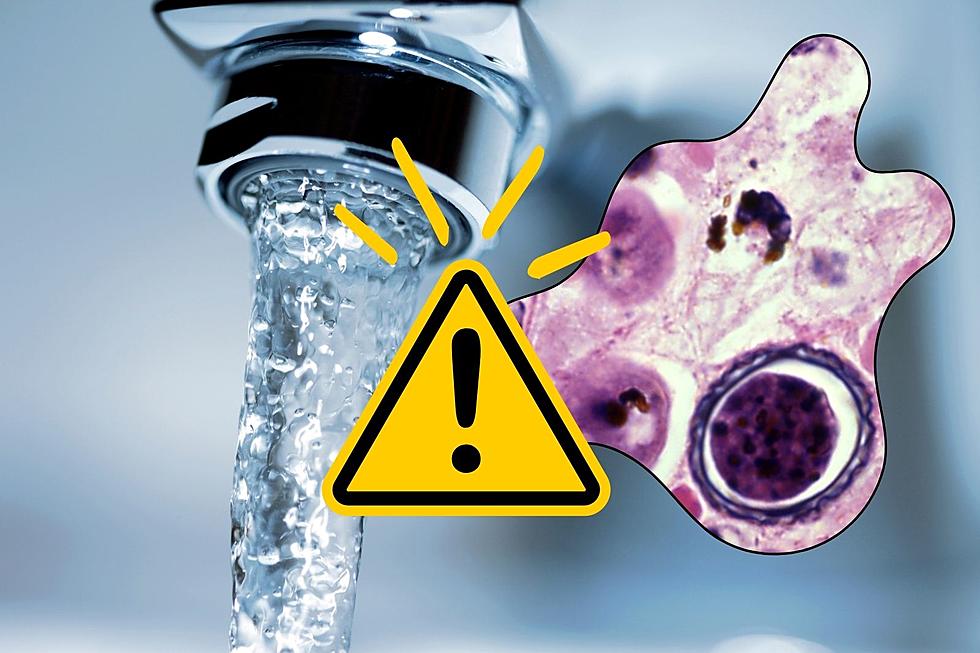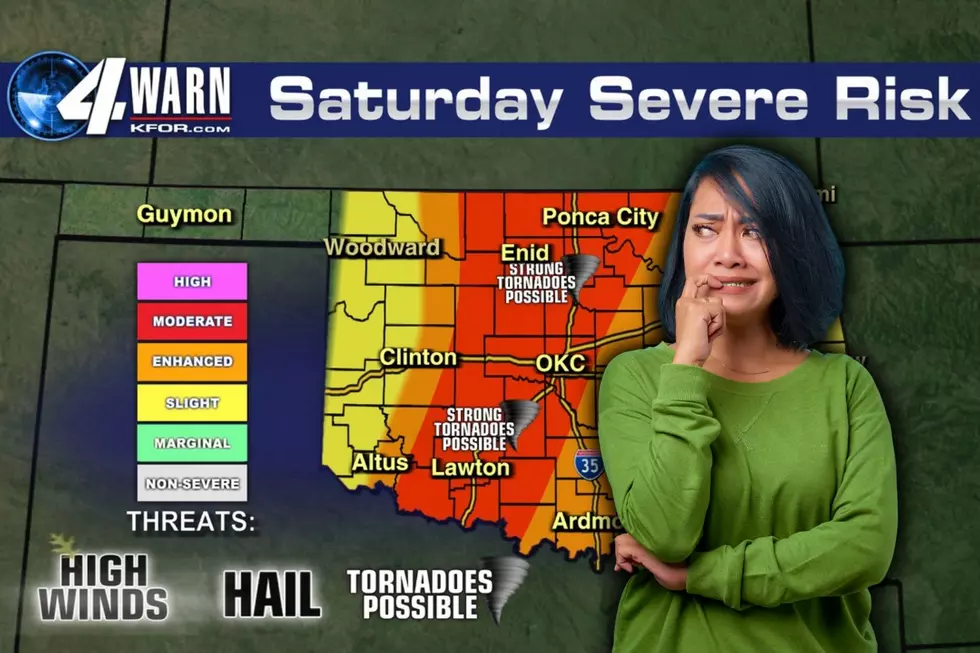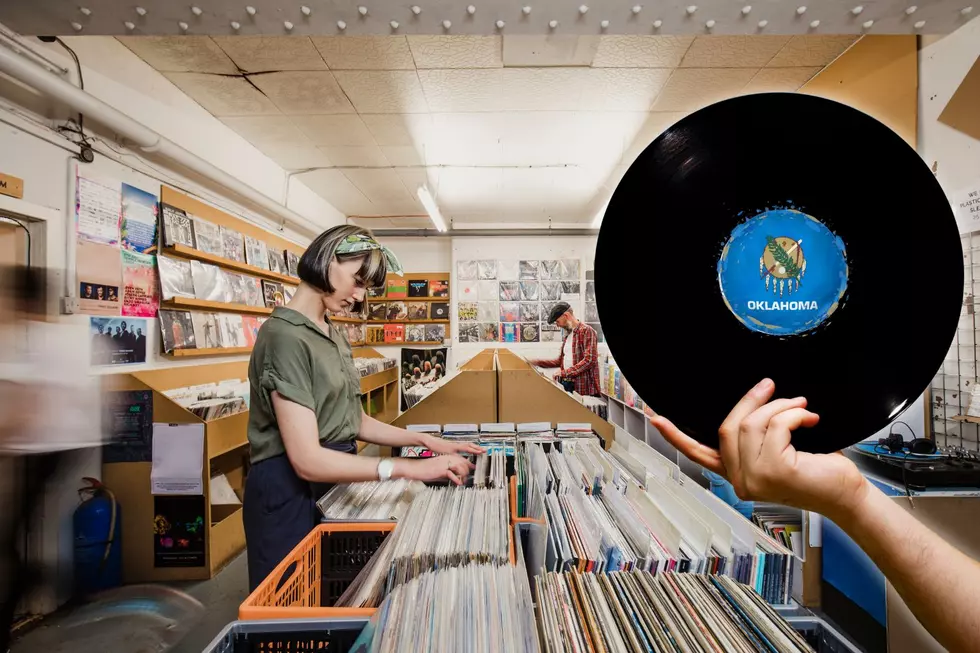
Another Brain-Eating Amoeba Found Lurking in America’s Tap Water
If you use a neti pot, you'll want to be extra careful with what water you use to rinse out your nasal passages. Scientists have recently linked another dangerous brain-eating amoeba to neti pot use and nasal rinsing with tap water.
The Center for Disease Control and Prevention (CDC), published a study on March 11, 2024, linking the brain-eating amoeba Acanthamoeba infections to nasal rinsing. The study was conducted from 1994-2022 and followed 10 patients infected with Acanthamoeba that reported nasal rinsing before becoming ill. Most of these patients used nasal rinsing for relief from sinuses.
Death from amoebas is rare, but not uncommon.
In 2011, three deaths in the United States were linked to a brain-eating amoeba (Naegleria fowleri) from nasal rinsing. From the recent study that was published by the CDC, out of the 10 patients, three died from being infected by Acanthamoeba.
@rubin_allergy Do not rinde your nose with tap water unless it was previously boiled. A new study suggests that there is another organism that could cause severe infections if you rinse your nose with tap water. What is Acanthamoeba? #nose #rinse #infection #tiktokdoc #learnontiktok ♬ Mysterious and sad BGM(1120058) - S and N
According to the CDC, the death rate for being infected with the brain-eating amoeba Naegleria fowleri is 97 percent - only four people have survived out of the 157 known cases from 1962 to 2022. As for Acanthamoeba, an article from the Associated Press sited that "U.S. health officials have identified about 180 infections from the single-cell organism since the first one was diagnosed in 1956."
Why is tap water to blame?
Although it's safe to drink from the tap, which is what tap water in the United States is specifically treated for, it is not 100 percent "safe." Microscopic organisms are still swimming around in your tap water. People aren't at risk when they drink or cook with tap water, but can pose a danger when used in neti pots and humidifiers, according to an article from AP News.
A study from CDC published in January 2023 found that most Americans have a misperception of tap water. One-third of those surveyed incorrectly believed that tap water does not have bacteria and other microorganisms. And nearly two-thirds agreed that tap water was safe to use in their neti pot and for nasal rinsing.
Here's what water to use for nasal rinsing.
If you use a neti pot or do any form of nasal rinsing, you should not use tap water. If you have to use tap water, you need to boil the water, for at least one minute, and let it cool before adding it to your neti pot. You can also use sterile water or distilled water.
@rubin_allergy How to rinse your sinuses #allergies#netipot#sinusrelief#sinus#tiktokdoc#learnontiktok♬ Storytelling - Adriel
LOOK: 20 American foods that raise eyebrows outside of the US
Gallery Credit: Charlotte Barnett
LOOK: 35 Vintage Cereals That Perfectly Captured Pop Culture Moments
Gallery Credit: Rob Carroll
More From KLAW-FM









